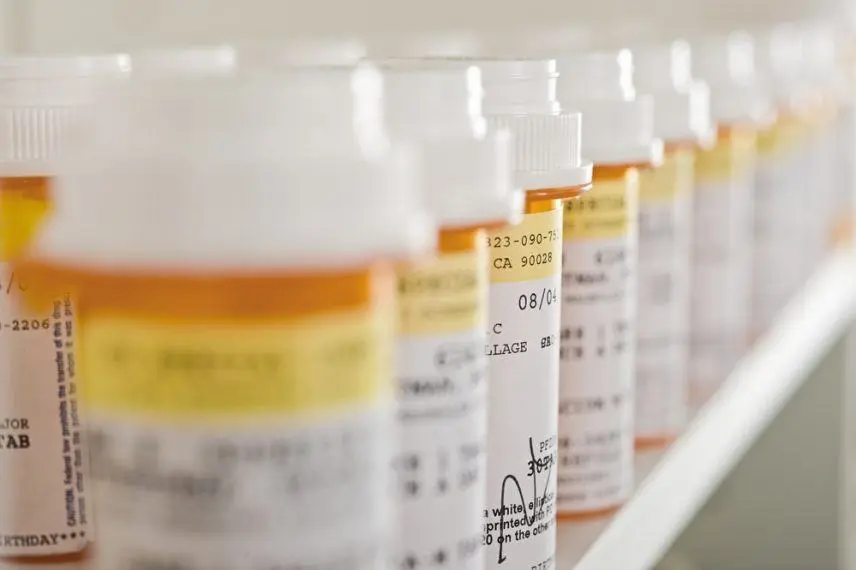While Florida has its own state laws governing drug crimes, they are in compliance with the federal Controlled Substances Act. Signed into law in 1970 by Richard Nixon, this law categorizes various drugs according to their harmfulness, potential for abuse and medical benefits.
Schedule 1 of the CSA includes drugs that are considered to be the most harmful and to have no health benefits. Included in this category are heroin, ecstasy, LSD and marijuana. While there has been a push to remove marijuana from Schedule 1 because of studies indicating its medical benefits and changed attitudes about it, the federal government has thus far resisted these efforts.
As the schedules increase numerically, the harmfulness and addictive potential decrease. Schedule 2 drugs include such things as morphine and cocaine. In Schedule 3, people may find commonly prescribed medications such as Vicodin. Schedule 4 includes such drugs as benzodiazepines, and Schedule 5 includes drugs like Lyrica and certain cough suppressants. In addition, many other drugs fall into the various schedules, making it important for people to familiarize themselves with them.
People may face a variety of different drug offenses depending on what drug is involved, its amount and the circumstances surrounding the alleged offense. Generally, the most serious charges are reserved for distribution and sales charges of Schedule 1 substances. People should be aware that they may also be charged if they are caught in possession of prescription drugs for which they do not have valid prescriptions. Minor drug charges may cause collateral consequences as well, including an inability to secure federal financial aid for college, problems finding jobs and housing and issues with obtaining credit. Experienced criminal defense attorneys can often construct a strategy that lays doubt on the prosecution’s case.

